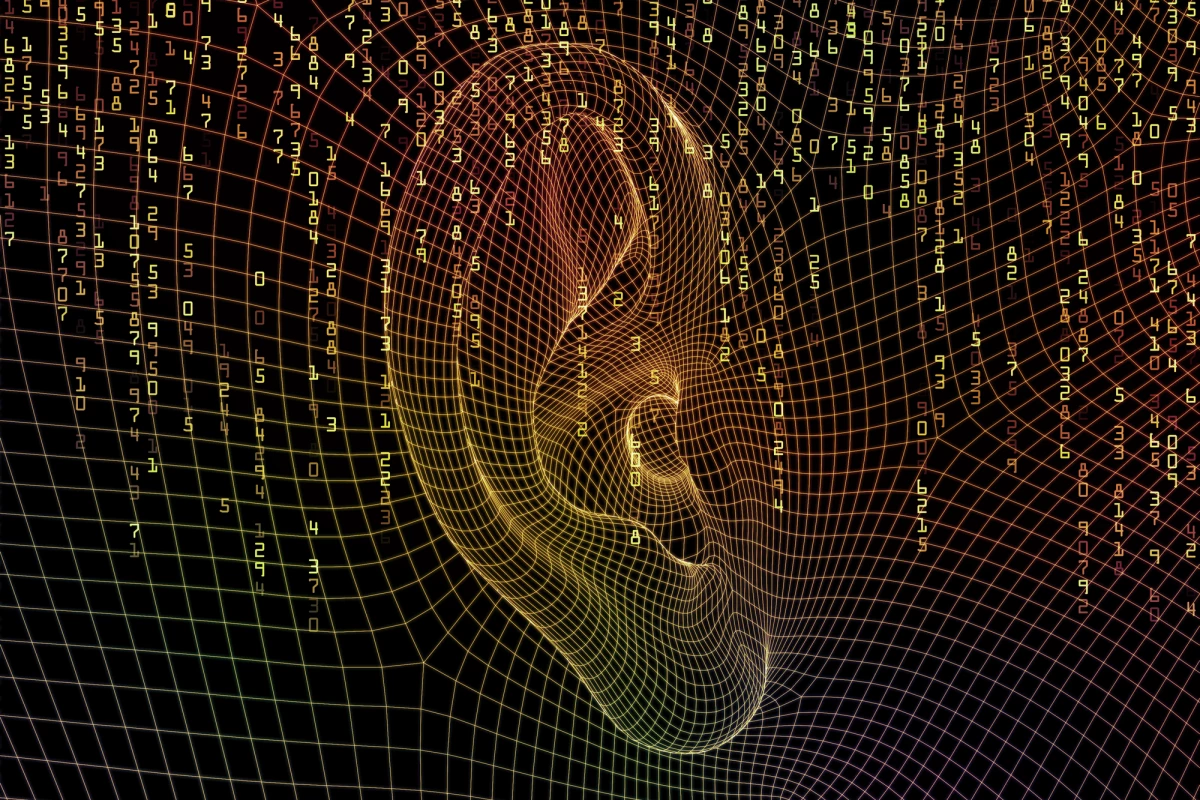Scientists studying the mechanisms behind deafness have pinpointed a single gene they describe as a type of master switch for cell differentiation, opening up exciting new possibilities around restoration of hearing. The discovery is claimed to "overcome a major hurdle" in the field, and lays the basis for therapies that tackle a common cause of irreversible hearing loss.
The study focuses on ear hair cells, which are sensory cells that line the inner ear and are fundamental to our sense of hearing. The death of these cells due to aging and stresses like excessive noise leads to an irreversible deterioration of hearing, and for this reason these hair cells are a key focus for scientists pursuing regenerative forms of treatments.
In 2020 we saw an interesting advance in this area, with scientists zeroing in on a single protein that can determine whether embryonic hair cells mature in a healthy manner or develop into something else. The hope is that this knowledge can lead to treatments that regenerate the vital hair cells and restore hearing, and this new study follows a similar line of thinking.
The research actually centers on the different roles inner and outer hair cells play in hearing, and the gene that dictates the creation of one over the other. Outer hair cells develop in the embryo and don't reproduce. In the ear, they expand and contract as they encounter sound waves, amplifying sound for the inner hair cells that pass vibrations on to the neurons to create what we interpret as sound.
“It’s like a ballet,” explained lead author Jaime García-Añoveros from Northwestern University. "The outers crouch and jump and lift the inners further into the ear. The ear is a beautiful organ. There is no other organ in a mammal where the cells are so precisely positioned. Otherwise, hearing doesn’t occur.”
Through experiments on mice, the scientists have landed on what they describe as a master regulator of inner versus outer hair cell differentiation. Called TBX2, the team found when the gene was expressed ear hair cells became inner hair cells, and when the gene was blocked they became hair cells of the outer variety.
“Our finding gives us the first clear cell switch to make one type versus the other,” said García-Añoveros. “It will provide a previously unavailable tool to make an inner or outer hair cell. We have overcome a major hurdle.”
Scientists have previously demonstrated an ability to generate artificial hair cells, but not an ability to differentiate them into inner or outer cells. To actually flip the switch uncovered in this research, the scientists would need to come up with a gene cocktail to reprogram other cells, with the structural support cells latticed throughout the hair cells in the ear among the prime candidates.
“We can now figure out how to make specifically inner or outer hair cells and identify why the latter are more prone to dying and cause deafness,” García-Añoveros said.
The research was published in the journal Nature.
Source: Northwestern University




